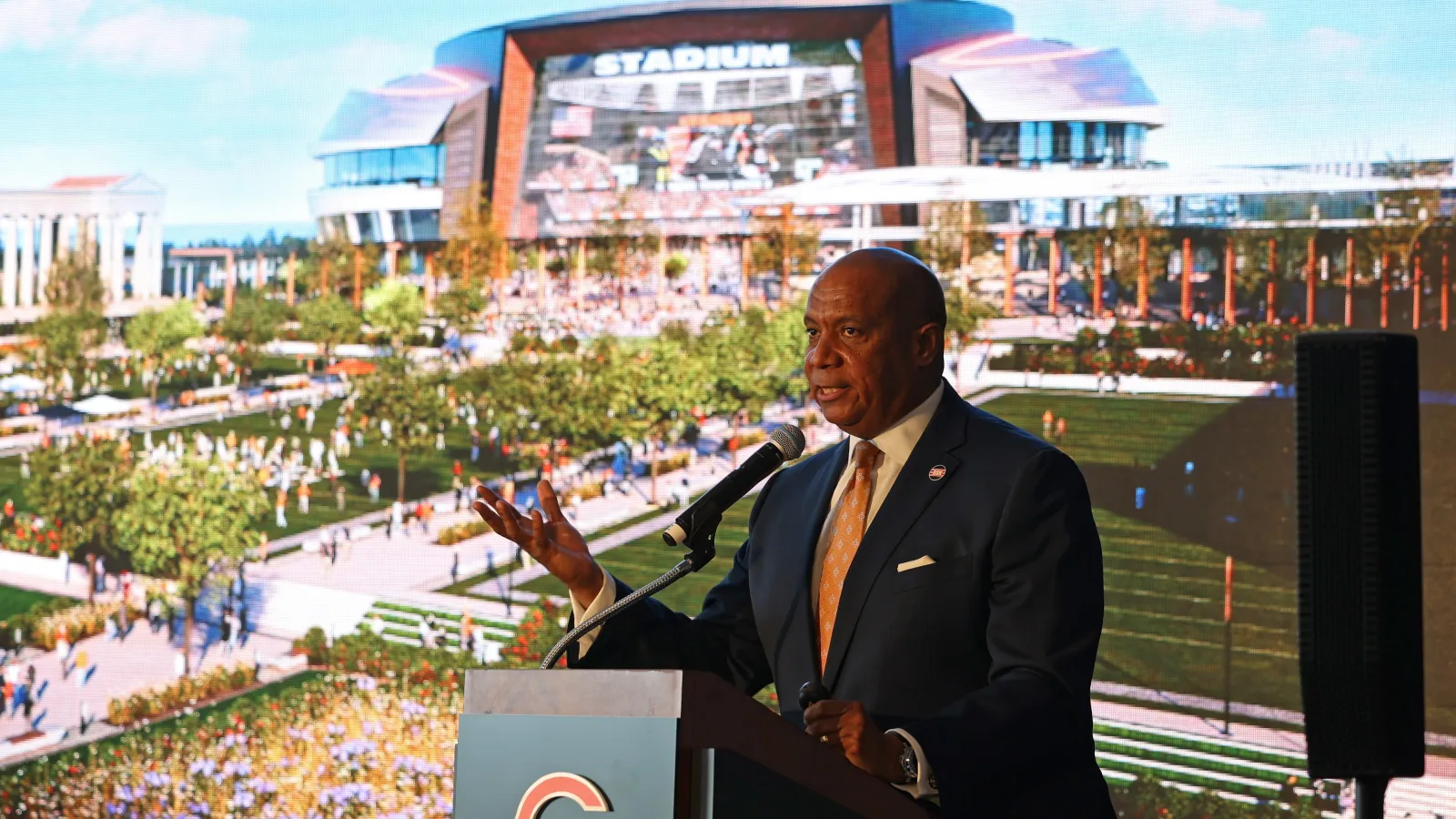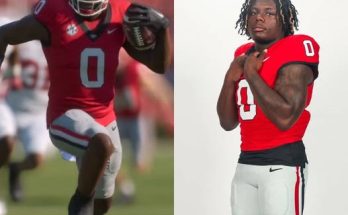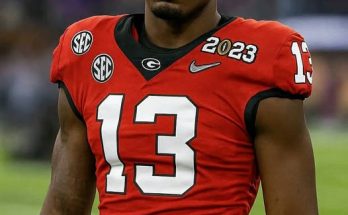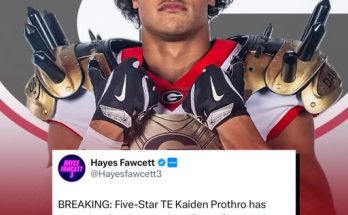In a move that signals high-stakes maneuvering beneath the surface, the Chicago Bears and Illinois Governor JB Pritzker have quietly enlisted the help of outside advisers as discussions surrounding the future of a new stadium continue to heat up. While public discourse on the topic has simmered at times, recent developments behind closed doors suggest both parties are preparing for a pivotal series of negotiations that could reshape the landscape of professional sports and urban development in Chicago.
The Bears, long mulling a departure from Soldier Field, appear to be narrowing their focus toward a new stadium complex in the city or its immediate suburbs. In response, state officials — led by Governor Pritzker — are taking careful steps to assess financial, political, and community ramifications. Neither side has made bombastic public proclamations in recent weeks, but actions behind the scenes reveal a carefully orchestrated dance toward a potential billion-dollar deal.
A New Chapter for a Historic Franchise
The Chicago Bears are one of the NFL’s most storied franchises, with deep roots in the Windy City. Soldier Field, the team’s current home since 1971, has long been a symbol of tradition but also a point of contention due to its aging infrastructure and limited capacity to generate revenue compared to newer, more modern NFL venues.
Frustrated with ongoing constraints, the Bears initiated a search for a new home, acquiring the former Arlington International Racecourse property in 2021 for $197.2 million. That move initially signaled a clear shift toward building a state-of-the-art stadium in suburban Arlington Heights. However, the franchise recently opened the door to remaining in Chicago proper — provided the city and state could offer a favorable financial and logistical package.
This pivot back toward a Chicago-based solution revived intense interest in where, and how, the Bears’ new home might take shape.
Quiet Power Brokers: Who’s Advising Whom?
Sources close to the negotiations have confirmed that both the Bears organization and Governor Pritzker have retained specialized outside advisers to navigate the complexities of the stadium discussions. These advisers are a mix of legal experts, real estate strategists, financial consultants, and political operatives.
For the Bears, this advisory team includes high-profile land-use attorneys and sports finance professionals who have worked with other NFL franchises on similar relocation or redevelopment efforts. Their goal is clear: maximize long-term revenue potential for the team while minimizing financial risk.
The governor’s office, meanwhile, is working with outside legal counsel and urban planning consultants to evaluate potential state involvement, regulatory compliance, and the political implications of any proposed deal. Public perception, taxpayer sentiment, and the use of state funds are all under close scrutiny.
These advisers have not been publicly named, but insiders suggest that firms with experience in mega-projects like SoFi Stadium in Los Angeles and Allegiant Stadium in Las Vegas are in the mix. Their role is not just to craft policy and strategy but to establish messaging that appeals to both civic pride and fiscal responsibility.
The Funding Puzzle: Public Money, Private Gain?
One of the thorniest issues at the heart of the stadium negotiations is funding. Historically, stadium projects often involve some level of public investment, which can take the form of infrastructure improvements, tax incentives, or direct subsidies.
Governor Pritzker has publicly expressed skepticism about using state funds to directly finance a stadium for a private sports franchise, particularly at a time when Illinois faces competing budgetary priorities. Still, the possibility of indirect support — such as funding for surrounding infrastructure or transit upgrades — remains on the table.
The Bears are reportedly pushing for a public-private partnership model that would include state or city assistance with roads, utilities, and transit systems that serve the proposed stadium site. They may also seek incentives related to job creation and economic development, arguing that a new stadium could be a catalyst for broader revitalization.
“This isn’t just about a stadium,” one insider familiar with the talks noted. “It’s about a mixed-use development with restaurants, retail, entertainment, and housing. The Bears want to build a sports and lifestyle destination that operates 365 days a year.”
Soldier Field: The Emotional Anchor
Any conversation about relocating the Bears must reckon with Soldier Field’s symbolic value. As the oldest stadium in the NFL, it holds historical and emotional weight for many fans, even as it lags behind its peers in luxury amenities, seating capacity, and revenue-generating opportunities.
Mayor Brandon Johnson’s administration has also engaged in behind-the-scenes discussions to keep the team within city limits, possibly by partnering on a new stadium built near or adjacent to Soldier Field — or even considering a dramatic overhaul of the current facility.
Johnson has hinted at the city’s willingness to work with the state and the team to find common ground, but has also echoed Pritzker’s caution about funneling public dollars into a privately owned stadium. Nevertheless, Chicago officials are wary of losing a civic asset as valuable as the Bears, especially given the political fallout that could ensue.
Community Stakes and Local Opposition
While the Bears’ ambitions have garnered attention from fans and business leaders, community advocates are urging caution. Some neighborhoods near potential stadium sites have expressed concern about displacement, gentrification, and strain on public services.
In particular, local leaders near the South Loop and Near South Side — both floated as possible locations for a new stadium — are watching closely. They worry about traffic congestion, rising property taxes, and insufficient engagement with residents.
Governor Pritzker’s advisers are reportedly including community impact assessments in their due diligence, recognizing that any project of this scale will require both political and grassroots support.
“You can’t just plop a billion-dollar stadium in someone’s backyard without a plan to include them,” said a city council member who asked to remain anonymous. “We need to be part of the process — not just an afterthought.”
NFL Watching Closely
The National Football League itself is paying attention to how the Bears’ stadium saga unfolds. As the third-largest media market in the country, Chicago is a crown jewel for the league, and the NFL has shown interest in expanding its footprint through flagship venues capable of hosting Super Bowls, NFL Drafts, and international games.
Commissioner Roger Goodell has made clear that the league supports teams pursuing facilities that align with modern standards. While he has not taken a public stance on the Bears’ plans, NFL officials have quietly indicated that a world-class venue in or near Chicago would benefit the entire league — especially if it includes a dome or retractable roof, which would enable year-round use.
The involvement of outside advisers with NFL experience could help streamline the league’s support, especially when it comes to navigating relocation rules, G-4 stadium loan programs, and long-term revenue models.
What Comes Next: Summer Showdowns?
While no final site or financial agreement has been reached, the pace of meetings and advisory work has quickened in recent months. Insiders suggest that the summer of 2025 could be a turning point, with formal proposals expected to emerge from both the Bears and state officials by late July or August.
The Illinois General Assembly is expected to take up the issue in some form during its fall veto session. Whether that includes direct legislation or budget adjustments will depend on the outcome of preliminary discussions now being led by advisers.
A public rollout of plans — complete with renderings, economic projections, and public feedback forums — is being considered for early fall, assuming progress continues behind the scenes.
Governor Pritzker has reportedly urged patience but remains open to proposals that prioritize taxpayer protections and long-term economic benefits. Meanwhile, the Bears remain determined to avoid another decade in an outdated stadium while other franchises cash in on new facilities.



